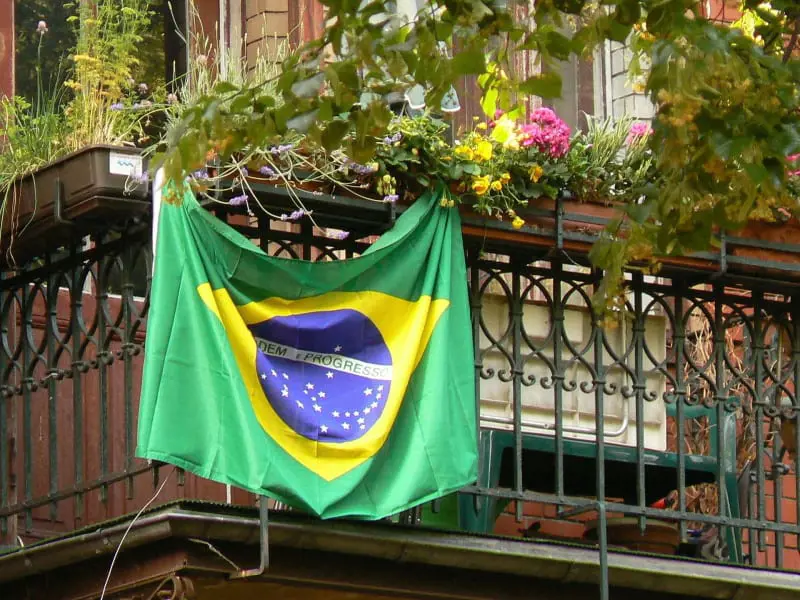
- REGULATION & COMPLIANCE

Plínio Lemos Jorge, president of the National Association of Games and Lotteries (ANJL), has advised licensed operators to use clear advertising to help players distinguish regulated sites from the black market.
Brazil is primed to launch its legal online gambling market on 1 January 2025. However long delays in Brazil’s journey to regulated betting has led to a proliferation of offshore sites in recent years.
In an opinion piece for Folha, Lemos Jorge said advertising was the best way for operators to increase channelisation in the legal market. He called for “effective and clear communication” that shows gambling is only meant for fun and not as a serious means to make money.
“Only advertising can make this distinction. Otherwise bettors choose illegal platforms, which pay better prizes because they do not pay taxes and are not subject to strict rules,” Lemos Jorge noted.
The government published its Normative Ordinance No 1,231 regulations to enforce various responsible gambling requirements in July, with a particular focus on marketing. It mandated operators to “act diligently” by not presenting gambling as “socially attractive”. As a result, influencer marketing has been banned.
The rules likely stem from a number of influencers being investigated for heavily promoting the Asian-themed slot Fortune Tiger via their social media channels. A scheme surrounding the marketing of this slot resulted in many young players losing money.
Ordinance No 1,231 also established a ban on marketing that could target minors, with all betting advertising mandated to display an ‘18+’ symbol as well as messages highlighting the risks of gambling.
Sponsorships, which have also proved a contentious topic, must clearly identify operators and refrain from appealing to children. Operator logos must not be featured on goods or articles intended for sale to children.
The government said in August it had initiated a war against the illegal gambling market by working with social media giants to block illegal gambling sites from advertising on their sites.
Lemos Jorge has raised concerns about ad restrictions impacting channelisation rates in the legal market.
He is worried overregulation could push players into the black market and points to Germany and Italy as examples of strict advertising regulations that have led to increased black market activity. Italy imposed a total ban on gambling advertising in January 2019, while Germany saw ad restrictions tighten considerably in June 2023.
“It is hypocritical to say ‘let’s prevent gambling advertising in Brazil’, since such a prohibition would guarantee the operation of only illegal gambling. And this is the path that many sectors have defended, either due to lack of information or due to hidden interests,” he said.
Lemos Jorge pointed to a recent International Betting Integrity Association (IBIA) study that highlighted the importance of allowing gambling ads to boost channelisation rates, noting that Brazil should consider those findings.
“Brazil needs to follow this path,” Lemos Jorge added. “There is no way to educate bettors without adequate advertising.
“Hiding or denying the existence of betting sites means leaving millions of bettors in the dark. The only way forward is good regulation, so that the correct share of the market becomes the largest part of it.”